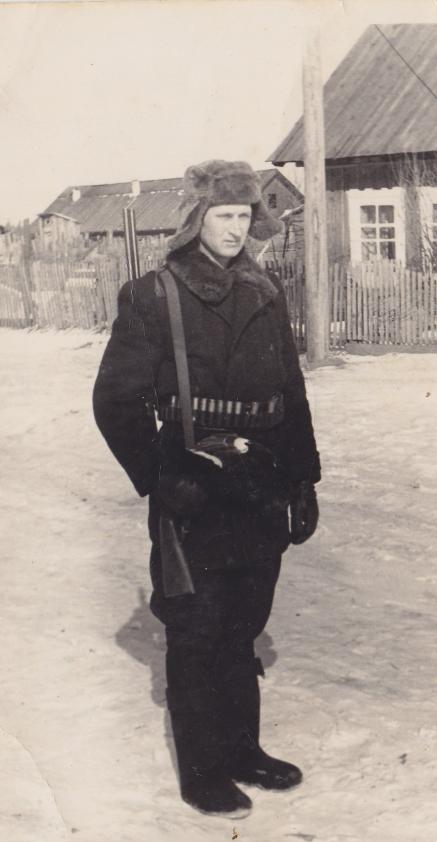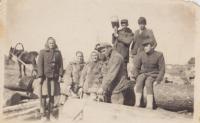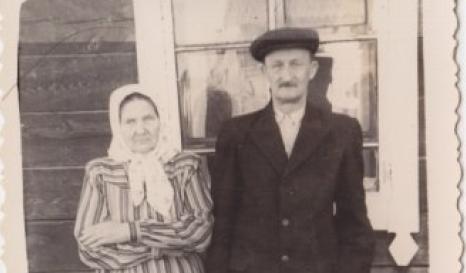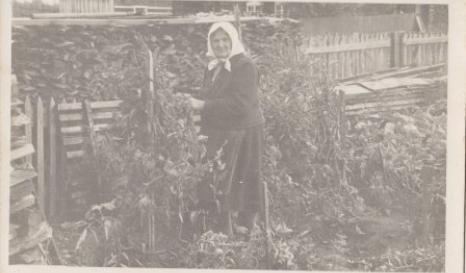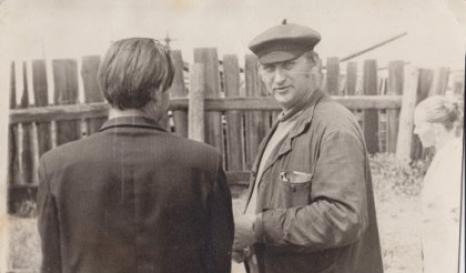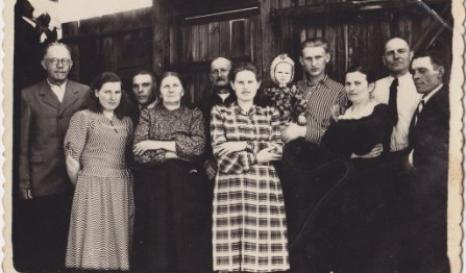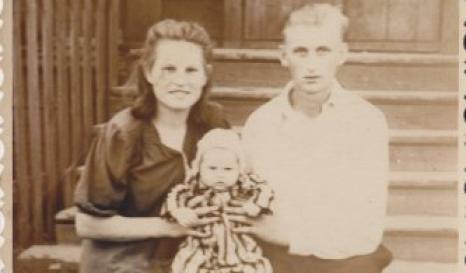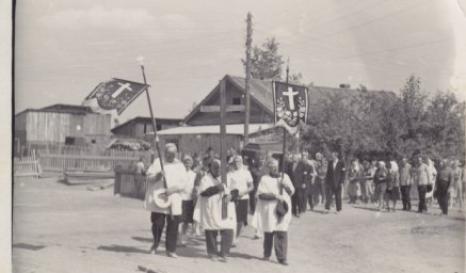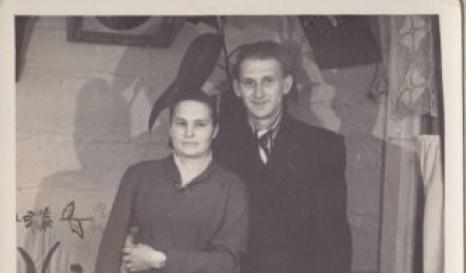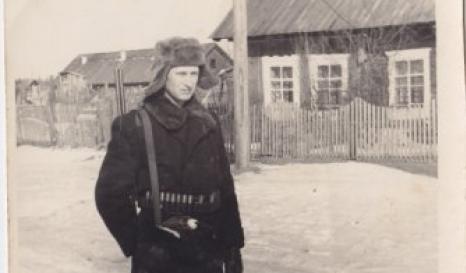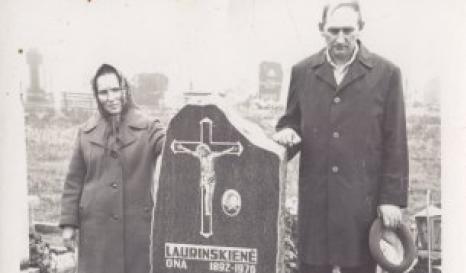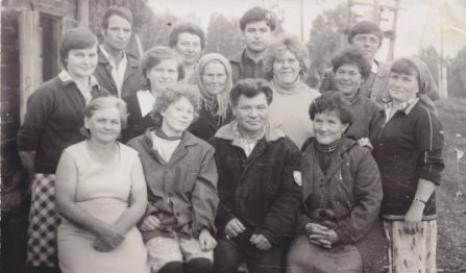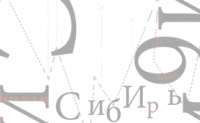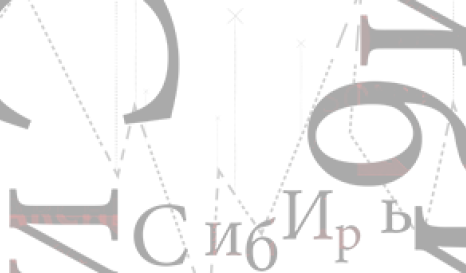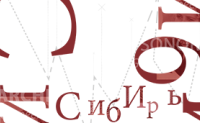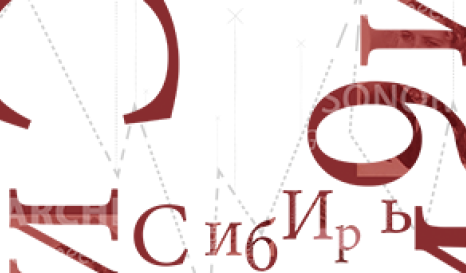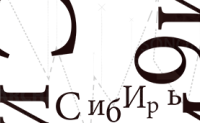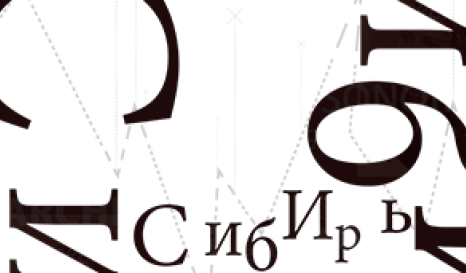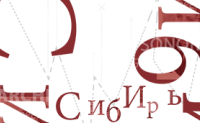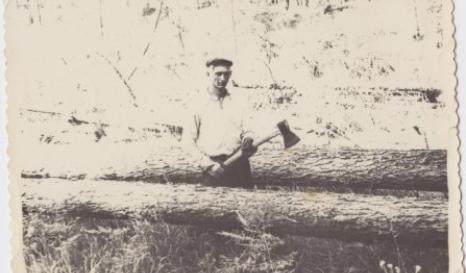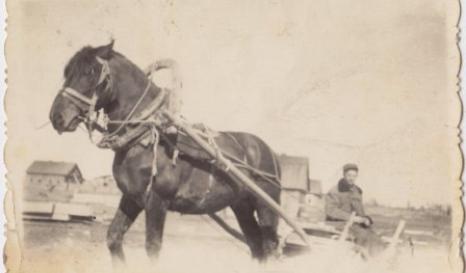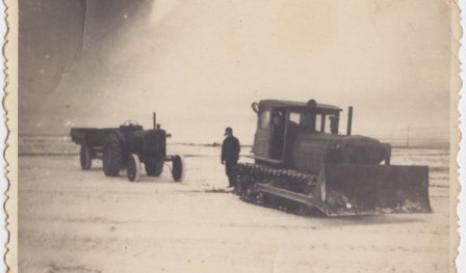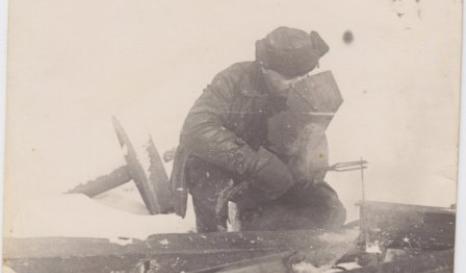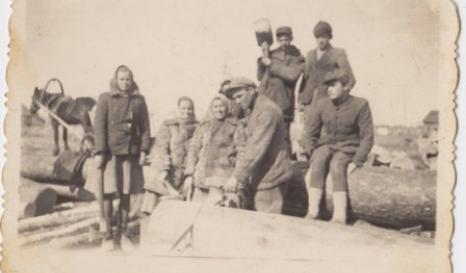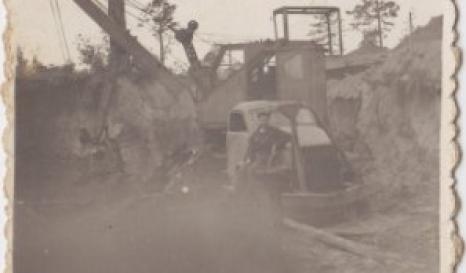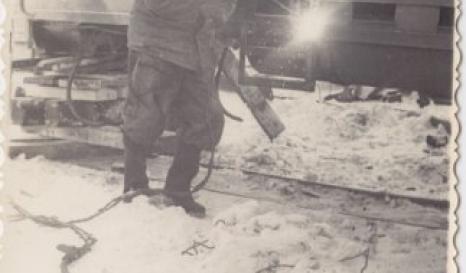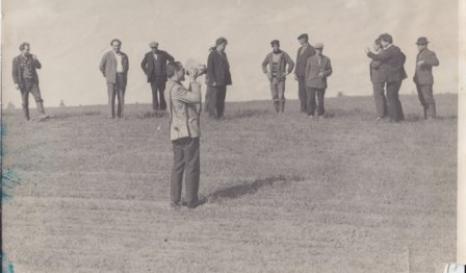BioGraphy
Domas LAURINSKAS
Domas Laurinskas was born in 1935 to a family of poor farm workers in the village of Mankiškė, Lithuania. The landlords who employed father Laurinskas left Lithuania when the German army withdrew, for fear of being deported. However, Domas’s parents were caught unawares, not imagining that the purges could affect poor people. But they were indeed deported, because they refused to join the kolkhoz collective farm, on 22 May 1948. They were deported to a village that had been occupied by Japanese prisoners of war. In 1948 there were still Ukrainian deportees from 1941 there. Other Ukrainians, Baptists, were moved there in 1951. Free workers were only a small number.
Domas began work cutting timber and was then hired for building work. The large Lithuanian deportee community met at prayer meetings, secretly organised from Lithuania. His deep religious faith went with a distrust of any community or political commitment. Until 1951 he was an unqualified labourer, then learnt the trade of crane operator. This promotion from below enabled him to escape the special settlement village, but put him under two bosses. The employer agreed with the commandant to take responsibility for the deportees he hired, but their travel arrangements came under the employer.
Domas Laurinskas stayed in Siberia, although he visited Lithuania several times. After his father’s death, Domas’s mother went back to Lithuania to be with her elder brother, who had been released from a camp. Uncertainty then hung over what Domas was to do. He married, like many other Lithuanian and Ukrainian deportees, in Khazan, his village of exile. In 2014, although he had Lithuanian citizenship and a flat in Lithuania, Domas Laurinskas had no intention of leaving his extended family and lived in Zima, not far from Khazan.
Alain Blum and Irina Tcherneva
The interview with Domas Laurinskas was conducted in 2014 by Emilia Koustova and Alain Blum.


